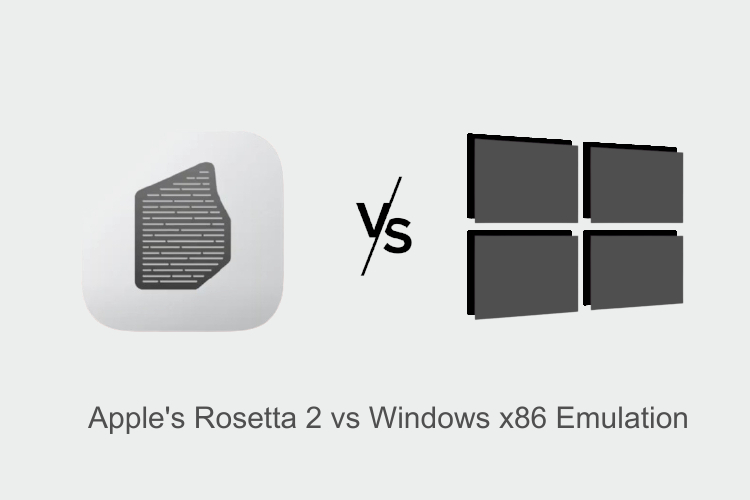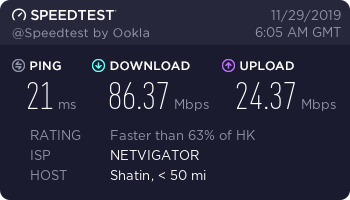

- #RASPBERRY SHADOWSOCKS CLIENT INSTALL#
- #RASPBERRY SHADOWSOCKS CLIENT PASSWORD#
- #RASPBERRY SHADOWSOCKS CLIENT WINDOWS#
We will use v1.11.1 in our example commands. At the time of writing it is release 1.11.1. Save the rules: nft list ruleset > /etc/nf 1.3. Open the server for Shadowsocks-Rust TCP input on your chosen port: nft add rule inet filter input tcp dport 21429 counter acceptĭrop all unexpected input: nft add rule inet filter input counter drop If you cannot restrict the port 22 rule, then you will have to open the port to the whole world instead: nft add rule inet filter input tcp dport 22 counter accept For example, if you always connect to your server from source IP address XX.XX.XX.XX: nft add rule inet filter input tcp dport 22 ip saddr XX.XX.XX.XX/32 counter accept If you can restrict the port 22 rule so that only certain source IP addresses are whitelisted for SSH access, then so much the better.
#RASPBERRY SHADOWSOCKS CLIENT INSTALL#
Issue each of the following commands in turn to install and start nftables: apt update & apt upgrade -y apt install nftables -y systemctl enable nftables systemctl start nftablesĬonfigure the firewall to accept related traffic and internal traffic on the loopback interface: nft add rule inet filter input ct state related,established counter accept nft add rule inet filter input iif lo counter acceptĬonfigure the firewall to accept ping requests so that you can test latency: nft add rule inet filter input ip protocol icmp icmp type echo-request counter accept nft add rule inet filter input ip6 nexthdr icmpv6 icmpv6 type echo-request counter accept

We will use nftables in our examples, but you can use another method if you prefer.


There are multiple ways to implement a firewall on a Debian/Ubuntu server: nftables, iptables, ufw, and firewalld. Open FirewallĪ server firewall is recommended but optional. In our examples on the rest of this page, we will use the result: Qi0n04pcO38SFROxnIspyE0WRwwMjVEf 1.2. The result will have 32 base-64 characters. Because of the argument 24, it will be based on 24 bytes or 192 bits. The openssl rand -base64 function gives you a random number, expressed in base-64 notation. In our examples on the rest of this page, we will use the result: 21429Īlso generate a random password: openssl rand -base64 24 The shell function RANDOM gives you a pseudo-random integer between 7, so after evaluating the arithmetical expression, you will end up with a port number between 101. First generate a random port number like this: echo $((1024 + $RANDOM))
#RASPBERRY SHADOWSOCKS CLIENT PASSWORD#
You will need an unusual port number and a strong password for your Shadowsocks server.
#RASPBERRY SHADOWSOCKS CLIENT WINDOWS#
We give instructions for the example of a Windows client, although clients for other platforms are also available. The server installation procedure on this page was tested with a virtual private server (VPS) running Ubuntu 21.04, so the process will be similar on recent versions of Debian. This is a port of Shadowsocks to Rust, a fast and memory-efficient language designed to power performance-critical services. New development takes place in Shadowsocks-Rust. However, Shadowsocks-Libev is now receiving bug fixes only. Shadowsocks-Libev was a rewrite in pure C which aimed to keep resource usage as low as possible. The original Shadowsocks was written in Python. Shadowsocks is an important tool for censorship circumvention. Shadowsocks-Rust on Linux Server and Windows Client


 0 kommentar(er)
0 kommentar(er)
